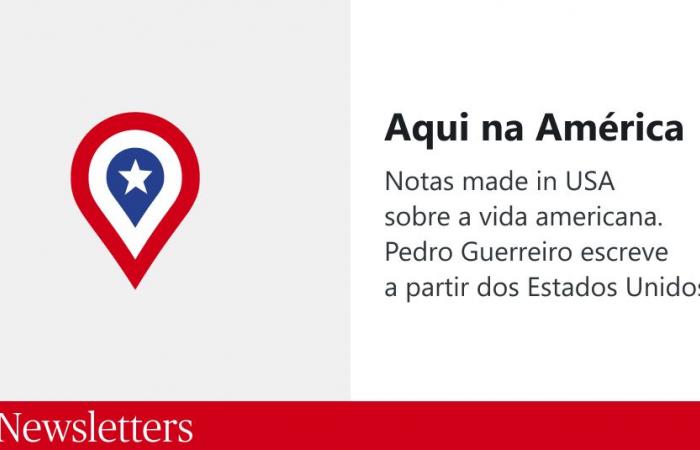The snow is still making its appearance here in the Northeast of the United States, but the calendar has already entered the mud season, the season of mud, bulbs in the bushes and birds returning from the South. It also thaws an interesting controversy (for those who see it from the outside) that entertains the state of Vermont: which are the native tribes of this corner of America? And who defines them as such?
America already had people millennia before it was “discovered” by Europeans. The northeastern tip of the United States and also part of the French-speaking Southeast of Canada were the land of the Abenakis, one of the peoples of the Wabanaki confederation. Colonization, war and land theft pushed them over the centuries into assimilation or out of their ancestral forests, lakes and rivers – many of their descendants are today in Canada rather than the USA.
Over the past few decades, however, steps have been taken to recognize the history and rehabilitate the culture of native peoples like the Abenakis in the United States. Vermont did not establish native reservations as was done in the past in the American West, with extensive semi-autonomous territories established by the federal government and managed by tribes, but officially recognized, in the last decade, four Abenaki tribes. More than a pompous proclamation, this recognition brings with it a series of concrete benefits for tribal members, such as tax exemptions, free hunting and fishing licenses, public funding for cultural and educational projects, and exclusive authorization to produce and sell art. native.
The recognition was celebrated by the few thousand Vermonters who identify as Native Americans, but is heavily criticized, even today, by members of Abenaki tribes in other Northeastern states and in Quebec, Canada.
The key to the controversy lies precisely in the fact that, in Vermont, those who simply identifies like Abenaki. Contrary to what was done in other North American states, no genealogical evidence or historical records were required to prove that the members of the four groups officially recognized by the state were, in fact, descendants of the Abenakis. Instead, faith was placed on ancient narratives about Abenaki groups who allegedly lived in hiding in Vermont for around 200 years, fleeing forced assimilation.
Since Vermont’s historic decision, two Quebec Abenaki tribes, the Odanak and Wôlinak, have been lobbying the US state and several public institutions to reopen the recognition process for the four groups, accusing them of usurping their identity and culture. And they are supported by academic studies that have questioned the Abenaki identity of the tribes recognized by Vermont, and which suggest another origin: they could be descendants of French-speaking settlers from Canada who migrated to the South over the last few centuries, with some degree of miscegenation with peoples natives (this is the story of the metis Canadians), but not true Abenakis.
The noise surrounding this controversy has increased. But, for now, there appears to be no opening to reopen the process of recognizing Vermont’s four tribes. Doing so would potentially be as controversial as the original decision-making.
On Vermont Public Radio, state representative Tom Stevens, who participated in the tribes’ recognition process, defends the philosophy of the original methodology: “What was important to us is that the Government wasn’t going to be the one to say who was native – we have more than 400 years of history telling people what they are, especially native peoples. (…) I do not agree that it is necessary to analyze family trees or blood to determine who is native to this state. It’s not up to us. It’s a supremacist and racist way of dealing with it. (…) Individuals and each tribe are free to make these decisions.”
It’s a typically American mess. The republican tradition – in the sense of the French or Portuguese republican tradition; not in the American, partisan sense of the term – is to escape the ethnic, racial and cultural classification of its citizens. In the USA, however, this classification is made by authorities and is even claimed by groups and individuals. The question is never innocent – there is always a dispute over powers, rights and resources. In an era of multiple identities, some of them very recent, others even competing, and in which blood, ancient traditions and recent mythologies mix, as in the case of the Abenakis, who decides what we are and how we see ourselves?






